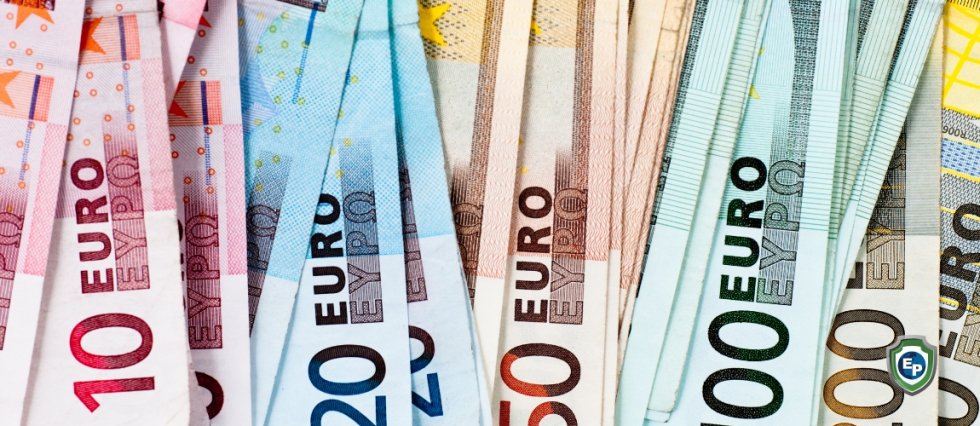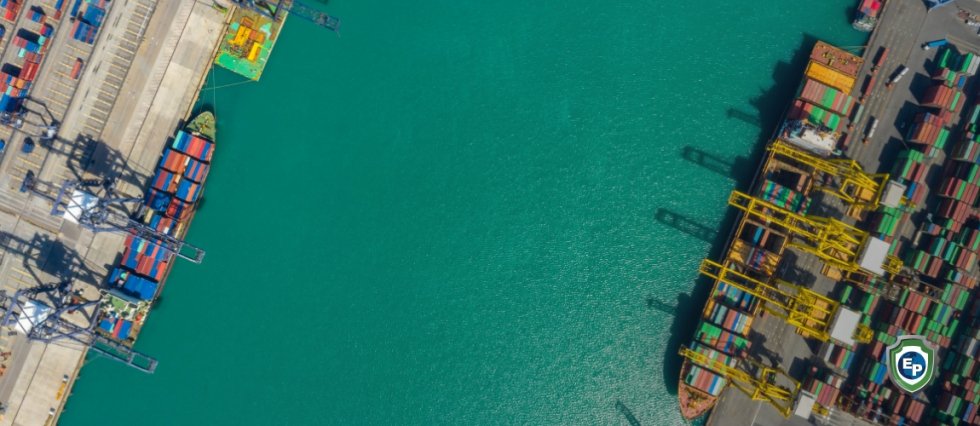The Euro Surges: What Does It Mean for Exporters and Importers
The Euro is continuing to rise amidst a global pandemic. However, whether the impact is positive or negative can depend on whether you are an importer or an exporter.

The Euro surge is another recent threat that is weakening the European economy. Since March, the Euro has risen 12% and currently stands at $1.20, which is up more than 5% since August. This will likely have a significant impact on international trade, but whether it will be a positive or a negative effect will depend if you are an exporter or an importer.
Exporters Lose From Strong Currencies, While Importers Gain
If the Euro gains more value, EU-based exporters can lose competitiveness. For every Euro, the foreign counterparty now has to pay more in their domestic currency, which means buying goods in Europe will become more expensive.
On the other hand, euro surges can help imports become less expensive for EU-based companies. Since the prices of the goods and services bought in the US are denominated in the US dollar, and one Euro is now worth around $1.20 instead of $1.12, European companies can buy the same goods and services at lower prices.
How Should Businesses React?
The main question is, will this trend continue? If it does, it will make economic sense for importers to delay large orders and look for a more favorable exchange rate further down the road. For exporters, it would be more beneficial to ramp up their marketing efforts now and sell at the current exchange rate before it climbs any higher.

Unfortunately, nobody can be sure about where the exchange rates are headed. While Yale professor Stephen Roach believes the Euro could gain an additional 30% against the US-Dollar over the next two years, other economists believe the surge of the Euro is a temporary phenomenon due to the structural weaknesses in the eurozone.
Despite the differing opinions, the best choice for small and medium-sized enterprises (SMEs) right now is to avoid placing any bets on the exchange rate. Larger businesses whose trade volume justifies the fees and can therefore afford to pay can mitigate their exchange rate risk with trade finance tools that hedge against exchange rate volatility. However, smaller businesses may have to wait and see what happens next in currency markets before investing sums of money in any exchange rate protection.
Leverage Export Portal to Achieve Success
Export Portal is a comprehensive global trade hub to help you trade safely and securely. We prioritize security, transparency, cost-effectiveness, and ease-of-use. Check out our newsletter today and stay in the loop!






Comments 0